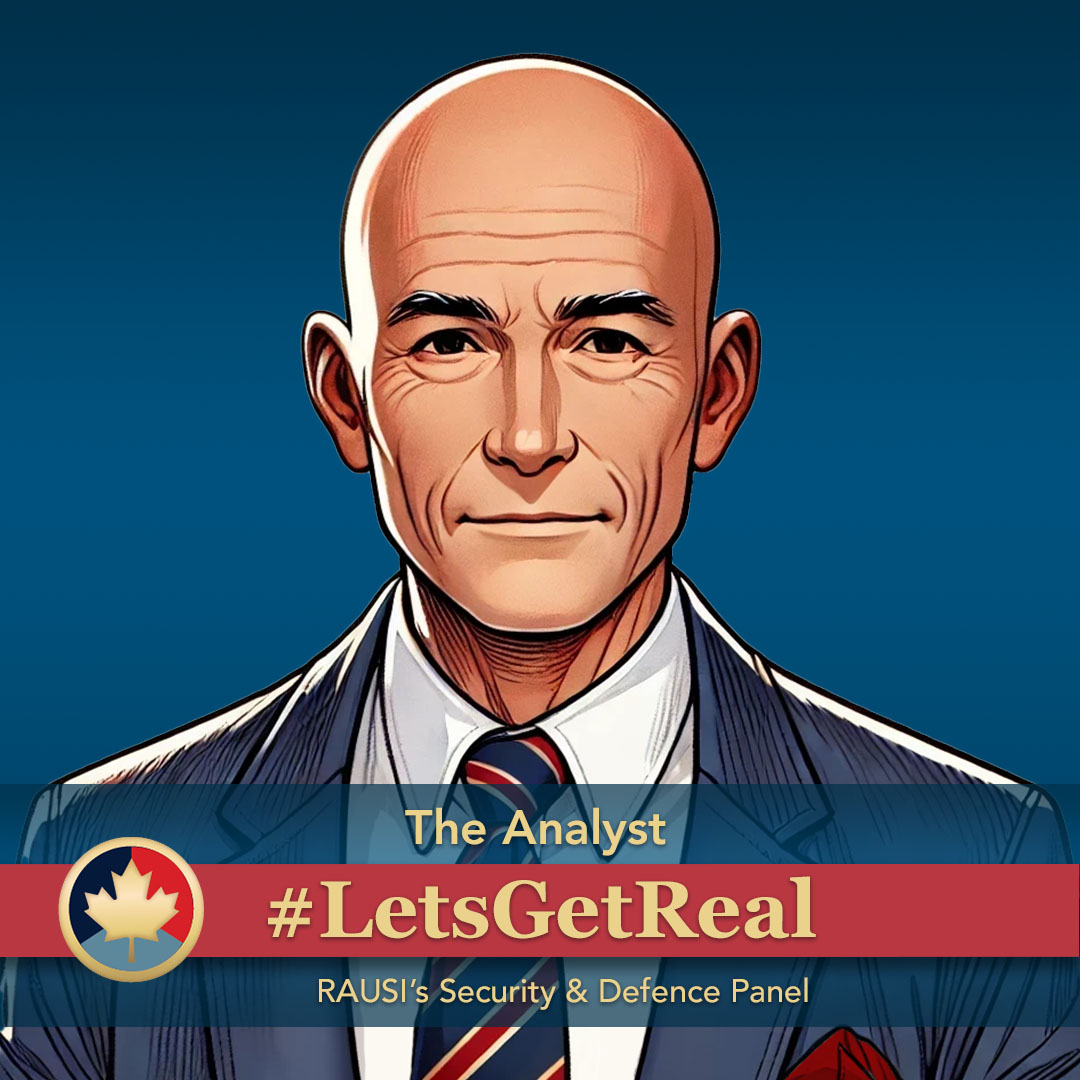9 October, 2024
As a general argument, current situations in the Middle East and the Indo-Pacific, and that between Russia and Ukraine raise contentious issues grounded in politics. Yet, politics without law is just anarchy. Those who claim to be members of civil society are obligated to invoke law; those who do not are criminals.
The underlying legal issues concern the breach of the prohibition of the use of force by parties to settle international disputes, and the exceptional right to use lethal force in self defence of the sovereign. Both are set out in ‘treaty law,’ viz., the UN Charter arts 2(4) and 51, and in ‘customary international law.’ Further, self-defence of the state is grounded in ‘general principles of law of civilized nations’ as exemplified in the ‘plea of necessity’ whereby the state may use force to ensure its very survival, i.e., exercise a type of existential-based reasoning.
Further, the manner in which the use of force is to be employed during hostilities is set out in ‘international humanitarian law,’ provided for not only in custom but also in treaty law, such as the two Hague Conventions (1899 and 1907) drawing from the Lieber Code (1863) and the Geneva Conventions (1949, 1977, 2005) and their antecedents. The principles of distinction (distinguishing military targets from civilian targets), necessity (determining whether attacking the military target is necessary for advancing the mission) and proportionality (use of force proportional to the threat).
While parties to the current conflicts champion their political virtues respectively, they are guardedly selective in invoking law…at the cost of human suffering. Moreover, a state’s stating its enemy “…made a big mistake …and …will pay for it …[and] does not understand … [its] determination to retaliate against [its] enemies" suggests ignoring or not understanding the difference between lawful ‘countermeasures’ and unlawful retorsion. “‘Vengeance is Mine, I [no one else] will repay,’ says the Lord” (Romans 12: 17-19).
Use of force aside, while political arguments supporting self-determination are well broadcast, international law providing for the right to self determination is too seldom promulgated. Parties to the disputes in the aforementioned theatres have each fought for the sovereign right to exist. Curiously, now being members of the international order, they deny with force the same right to self determination they previously used force to acquire. There are no standards like double standards.
That same UN charter providing for the right to use of force also provides for right to ‘self determination.’ Citing arts 1(2) and 55, the late James Crawford, member of the International Law Commission and ad hoc Judge at the International Court of Justice, wrote in his authoritative The Creation of States in International Law, “one of the purposes of the United Nations is stated to be the development of friendly relations among nations based on respect for the principle of equal rights and self-determination of peoples.” Further, the UN Charter advances similar aims in social and economic development and respect for human rights. Other treaty law includes the two International Covenants on Civil and Political Rights (1966) and on Economic Social and Cultural Rights (1966). “Common Article 1 of the two covenants provides …that all peoples have the right of self determination…to freely determine their political status and freely pursue their economic, social and cultural development…” Beyond treaty law, customary law lies in the General Assembly’s resolutions to define more precisely the content of the principle of the right of self determination (e.g., A/Res 545 (1952).
Civil society is not.


